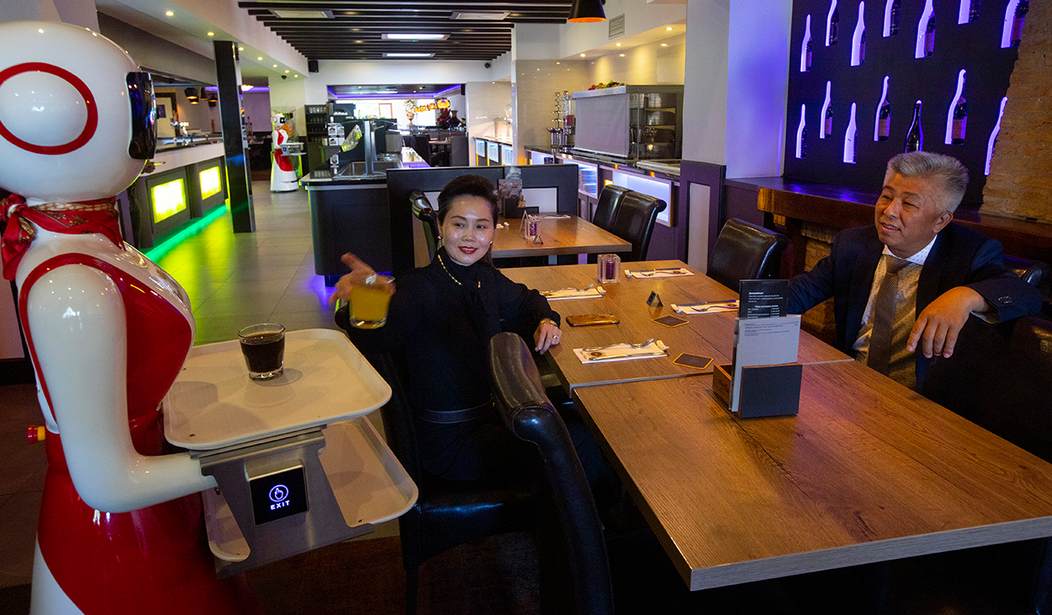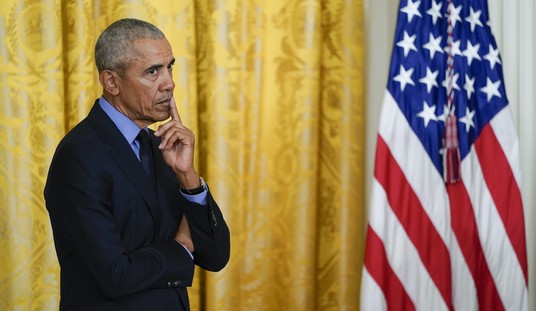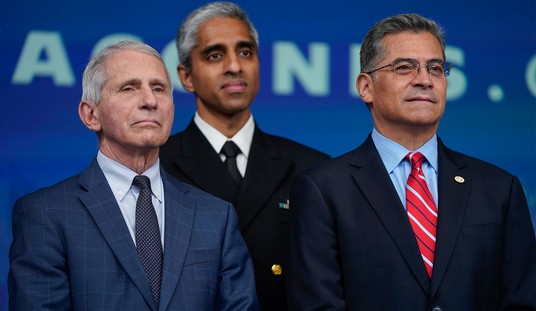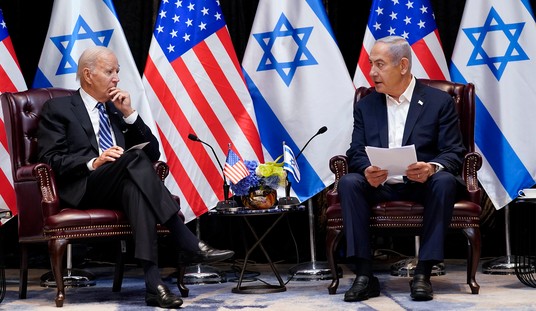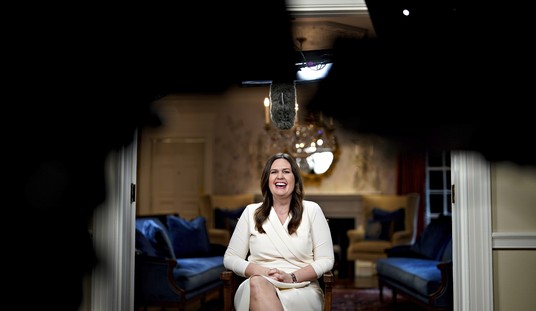We've been warning you about this here for years, but the future is now upon us. At National Review, Ryan Mills reminds us of the story of Mezli, a restaurant that opened in San Francisco in 2022 serving Mediterranean-style dishes for amazingly low prices. The eatery received rave reviews while it was in operation. But there was something different about Mezli. There were almost never any human beings there. The entire operation was handled by a robotic system that assembled the dishes from ingredients prepared in a central location, cooked them as required, and delivered them to the customers who paid for their food using a kiosk. The founder described the eatery as what would happen "if a vending machine and a restaurant had a baby." But what does this mean for the future of fast food and the restaurant business in general?
Alex Kolchinski, a Mezli co-founder with a background in software and AI, said the idea for Mezli came amid the realization that rising labor costs are one reason why food prices at area restaurants were climbing so high. He and his friends, who have backgrounds in robotics and engineering, set out to create a modular, mass-producible, and automated restaurant.
“We realized if you’re doing a bowl-style restaurant, basically assembling stuff from upstream, the only things you have to do is put things in a bowl, whatever the customer orders, put it through an oven to finish cooking the stuff that’s not fully cooked and crisp it up, put some cold ingredients — sauces, toppings — on top, and then serve it to the customer with sides and a drink,” Kolchinski told National Review. “That’s exactly what this machine does.”
“Some people didn’t realize they were being served by a robot,” he added.
Mezli wasn't the only one moving in this direction. CaliExpress opened a burger shop in Pasadena where robotic arms fry the meat, assemble the burger, add the toppings, and deliver them to the customer. They also use kiosks to take orders and receive payment. There are currently bars in California where robot bartenders and servers will soon be going online. A manager from CaliExpress explained the obvious advantages to reporters. He said that the robots “don’t call in sick, they don’t get drunk the night before work and come in with a hangover." They are more reliable. And over time, they are cheaper.
All of these processes are being supercharged by the introduction of Artificial Intelligence. Robots are growing increasingly more reliable and capable, sometimes eclipsing the performance of the human fast-food workers and bar staff that they are replacing. This isn't all being done solely in the name of efficiency, however. Particularly in California and other blue states, legislators have driven up the minimum wage aggressively, particularly for the fast food industry. As labor costs increased, companies were forced to increase their prices to keep pace. When people realized that they were now paying more for a sack of burgers and fries than they used to pay to sit down for a meal at a diner or restaurant, they began to revolt.
Welcome to the future. We were assured that robotics and AI were going to "supplement" human workers and make life easier. But the fast food industry is already demonstrating that it was all a lie. AI robots are entirely replacing human beings in many cases. Those jobs are simply going away and they won't be coming back. Other industries are already following suit. These aren't the occupations of Wall Street types with expensive college degrees. These are the jobs of blue-collar, working-class people, frequently from minority communities. The restaurant consulting firm Aaron Allen & Associates recently found that up to 82 percent of restaurant jobs could be replaced in the very near future with no further advancements in technology required. And that technology is still advancing all the time.
At this point, it appears that it's too late to do anything about this. There are no "guardrails" that the government can force on the producers of this technology to stop all of this from happening. Even if the AI doesn't "wake up" and begin running amok, it is already capable of wiping out significant portions of the job base. The fast food industry was the most vulnerable thanks to progressive political agendas, but they are just the canary in the coal mine. This trend is already showing up in other sectors and is only projected to grow. The worst part is that we did this to ourselves. It was almost certainly inevitable at some point, but we hurried it along and now the AI genie won't be going back in the bottle. Best of luck to us all.

